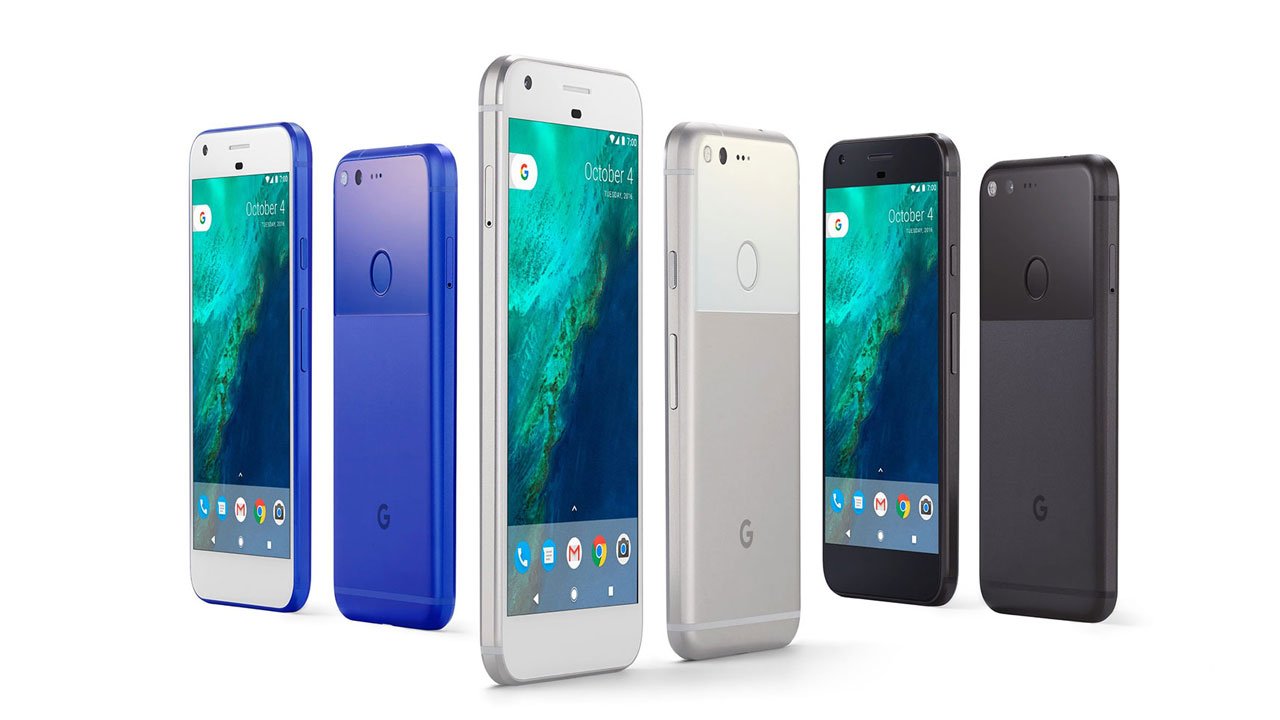Google has announced that it will be purchasing part of HTC for $1.1 billion, in a move that will also include up to 2,000 HTC employees and most of the Pixel team.
In the official blog post, Rick Osterloh, Senior Vice President of Hardware at Google, outlined that, “These future fellow Googlers are amazing folks we’ve already been working with closely on the Pixel smartphone line, and we’re excited to see what we can do together as one team,” He went on to state that “The deal also includes a non-exclusive license for HTC intellectual property.”
With this deal, Google is gaining talented staff that know the market and better knowledge of the Pixel phone line and how it can be improved. Compared to the Motorola deal, this is more an acquisition of talent than a brand, but the state of the Android market is currently in a very different place ensuring Google can capitalize on the purchase far better than it has with past acquisitions.

“The fragmented user experience of Android phones and the increasingly mute voice of Google in this market demands them to raise their stakes and engage more with manufacturers of devices to show more ambition and offer a credible vision for the future,” explained John Baptista, Associate Professor of Information Systems at Warwick Business School.
“This deal with HTC shows confidence that Google has the ideas internally to drive this process, but needs to work more tightly with manufacturers to develop a more consistent experience between the phone and other devices such as wearables, home automation, car automation, as well as increasingly work related applications and integration with office systems.
With the Android marketplace so fragmented and only an estimated 13 per cent running on Nougat, it is clear Google has to step in and help the market find its footing.
“Executing its vision in partnership with HTC will set a reference for other manufacturers that use their platform and explain to its users how and why they should continue to engage with Google’s products,” Baptista told CGMagazine.
Both Apple and Google have built powerful operating systems that offer users a deep and diverse experience, yet the market is fragmented and there is no clear, dominant brand that represents Android. This move by Google to move things in-house will help the consumer feel confident that Google will update the devices and present them with the best possible offering of the OS.
The need for Google to step into the world of AR (augmented reality) further exemplifies why controlling all aspects of how the hardware talks to the software is important going forward. Apple has made a giant leap in the space with the ARKit, and while Google does have ARCore, it simply has not generated the buzz that Apple has already garnered in that space.

“Augmented reality and virtual reality look increasingly to be the future for mobile, so it might be that Google needs to work more tightly with chip manufacturers to develop the hardware in conjunction with their software to deliver AR and VR capabilities,” Baptista said.
While this acquisition makes sense for Google, the advantage to HTC is still unclear. The company has had a solid relationship with Android since the earliest devices—such as the HTC Dream and the Nexus One phone—yet even with all this attention on Android, HTC has fallen out of favour in recent years with Samsung now controlling around 20% of the global smartphone market share.
HTC’s move into VR with the HTC Vive has also not panned out as intended. While the HTC Vive is one of the top-selling VR headsets, HTC has is looking to sell off the division or spin it off into a separate company, according to Bloomberg. It is unclear if this is still in the cards with this latest Google deal, but it is a sign that the company needs major restructuring to find a footing in highly competitive consumer spaces like gaming and smartphones.
On the other hand, this deal could inject some much-needed capital into HTC, giving it the freedom to expand its lineups and give it the credibility it needs to set itself apart from other competitors in the market.
“With this collaboration HTC could be associated with the next main competitor of the iPhone and potentially gain new competencies which strengthen their credibility and value.” he further explains that while it is “not an immediate fix but certainly potential for a brighter future for HTC,” Baptista outlines.

Another aspect to consider is what other manufacturers will think of such an arrangement. With Google relying on third parties to make phones on the Android platform, it may hamper plans to further expand Android lineups.
“The immediate reaction of other manufacturers may be that HTC will gain an advantage compared to them, but both Google and HTC know that they need to show that their partnership will not threaten the success of their platform and relationships with other manufacturers,” Baptista explained.
“And that instead, [the partnership] will be used to push Android development and product development to better compete with Apple in mobile and other devices. From this development will emerge new standards and technical specifications for better integration of new features such as AR and VR, facial recognition, security etc. and connections with other devices such as more advanced LTE watches. Google and HTC will lead the development of these, which for other manufacturers is great if they can then benefit from this R&D too,” Baptista said.
One thing is clear, this move will help Google push the Android platform in the right direction. With a strong set of hardware and software that is updated and maintained by the company, it will only help Android as a brand and as a platform. Apple being tightly tied to the software and hardware has an advantage in the space, and with this move, Google makes a big step to closing that gap.




